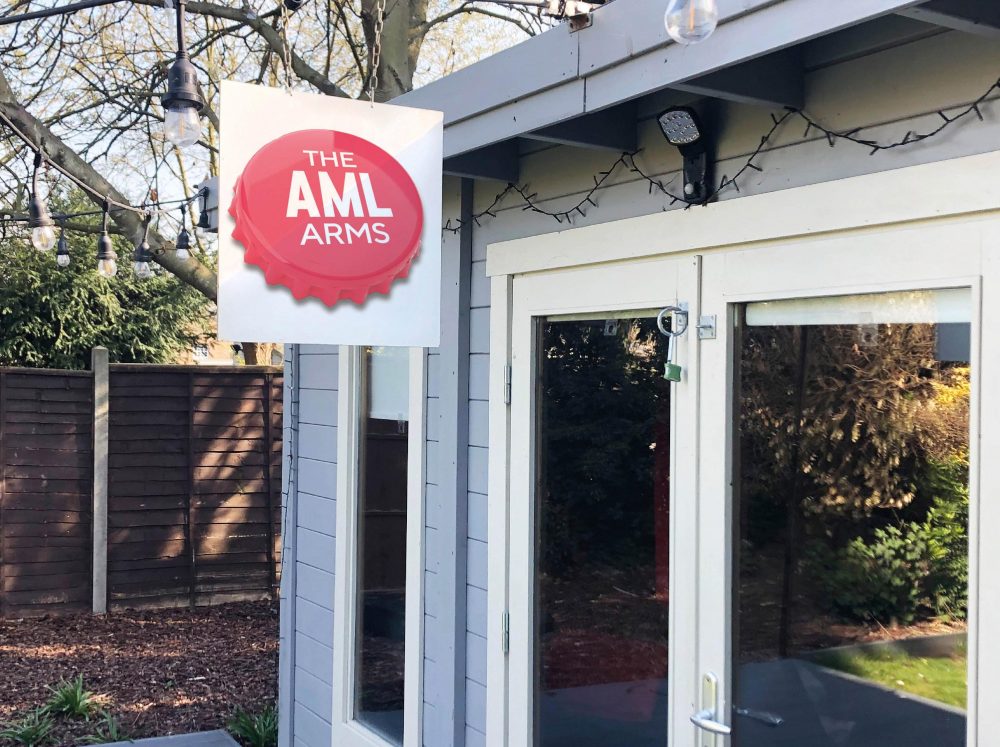Once the preserve of sci-fi writers and cinematic SFX, Virtual Reality (VR) is not only here, it’s commercially viable. The New York Times has issued over 1 million VR sets to its subscribers, while GE, Ford, Toyota and Nike are just some of the big names investing in this technology.
Many see VR as a game-changer – having the same impact that radio and TV did in the last century. But while it’s easy to see how a VR ad could sell cars, hotel rooms and sporting events, it’s harder to imagine how it can help those of us marketing financial, governmental and professional services – complicated businesses selling intangible products in heavily regulated markets.
These businesses have turned to storytelling as a way to engage their audiences both intellectually and emotionally, through the power of relevant, engaging content. This plays to the real strength of VR – reality (virtual or not) is the ultimate story. But to be effective it needs to be done properly. If the VR user is merely a passive observer, it’s a missed opportunity. The user should be the protagonist, choosing their own path, making things happen. In that way, the user experience becomes the story itself. And offers a powerful intellectual and emotional hook.
To achieve this we should perhaps look to games developers rather than the traditional advertising association with film-making. Tomorrow’s VR director may even combine the best elements of film and gaming to create a new visual language. This gamification of marketing is especially relevant when trying to reach younger people – a key audience. Fidelity is developing StockCity for Oculus Rift, where investors can explore their portfolio as a virtual urban environment. Buildings represent stocks, their size determined by share price and trading volumes. Sunshine and rain indicate market rises and falls, while stocks being tweeted about have flocks of birds flying around them.
Investment firms could let investors explore some of the amazing companies their fund managers have discovered, be that a biotech lab in Mumbai, a start-up in Hoxton or a farm equipment manufacturer in Nebraska. City of London Police, who we’ve been working with on anti-terrorism campaigns, could produce virtual ads that let the viewer move through public spaces, identifying and preventing potential threats. And there’s no reason why complicated businesses can’t give their customers simple pleasures. With the increasing focus on compliance issues and anti-bribery regulation, VR is the perfect medium to bring corporate hospitality to the person, not the person to the event.
As with any new technology, the secret is not to use it for its own sake, but to enhance the customer experience. And used properly, VR could potentially provide the most enhanced experience of all.


